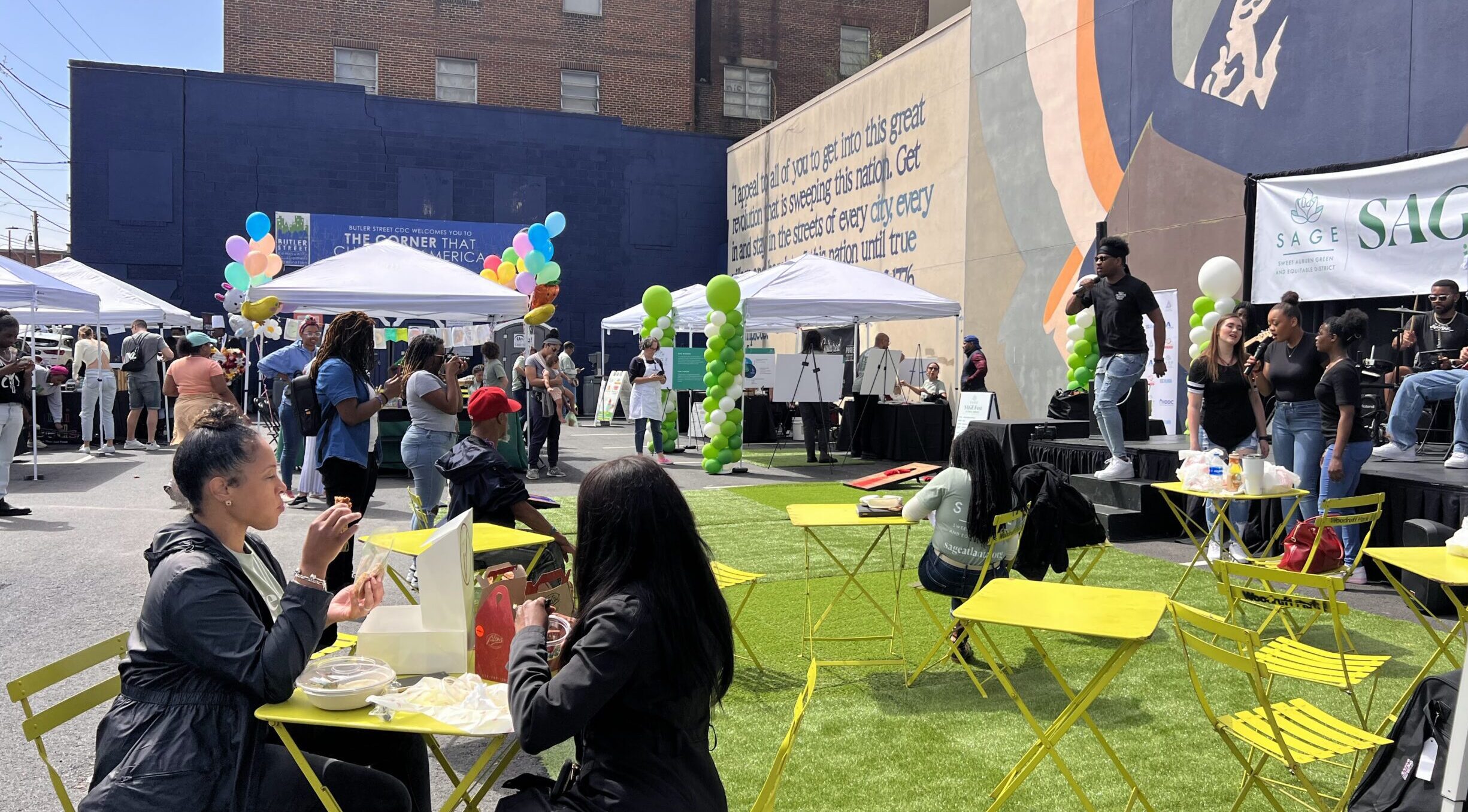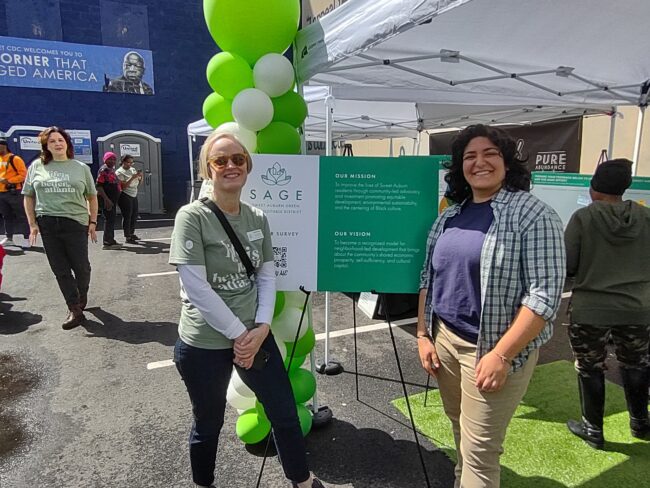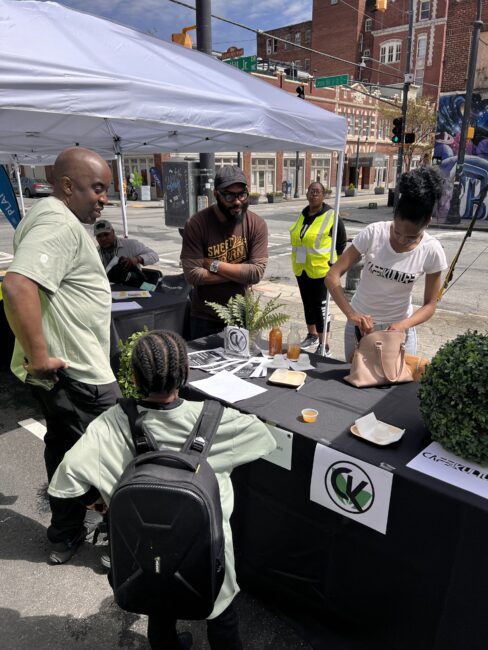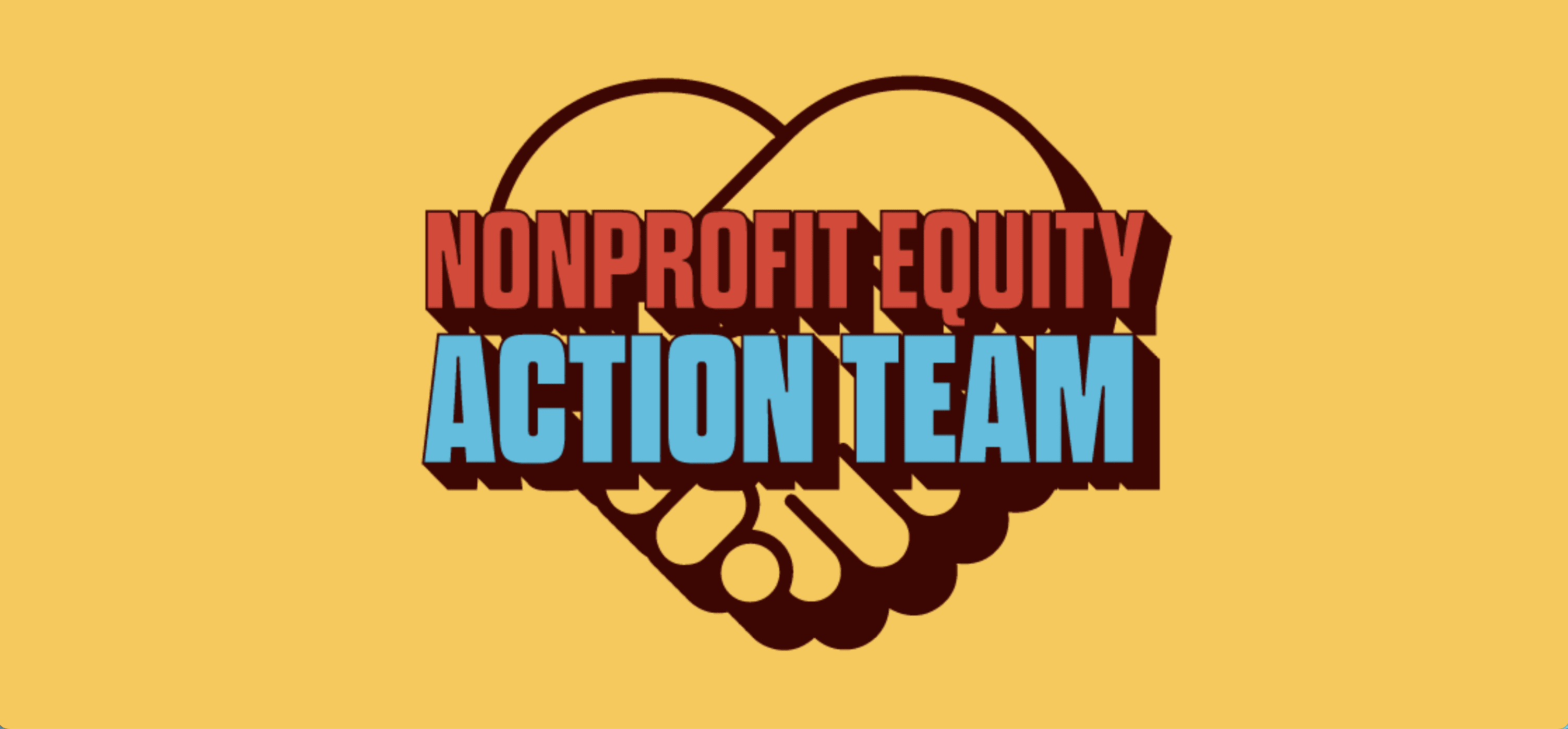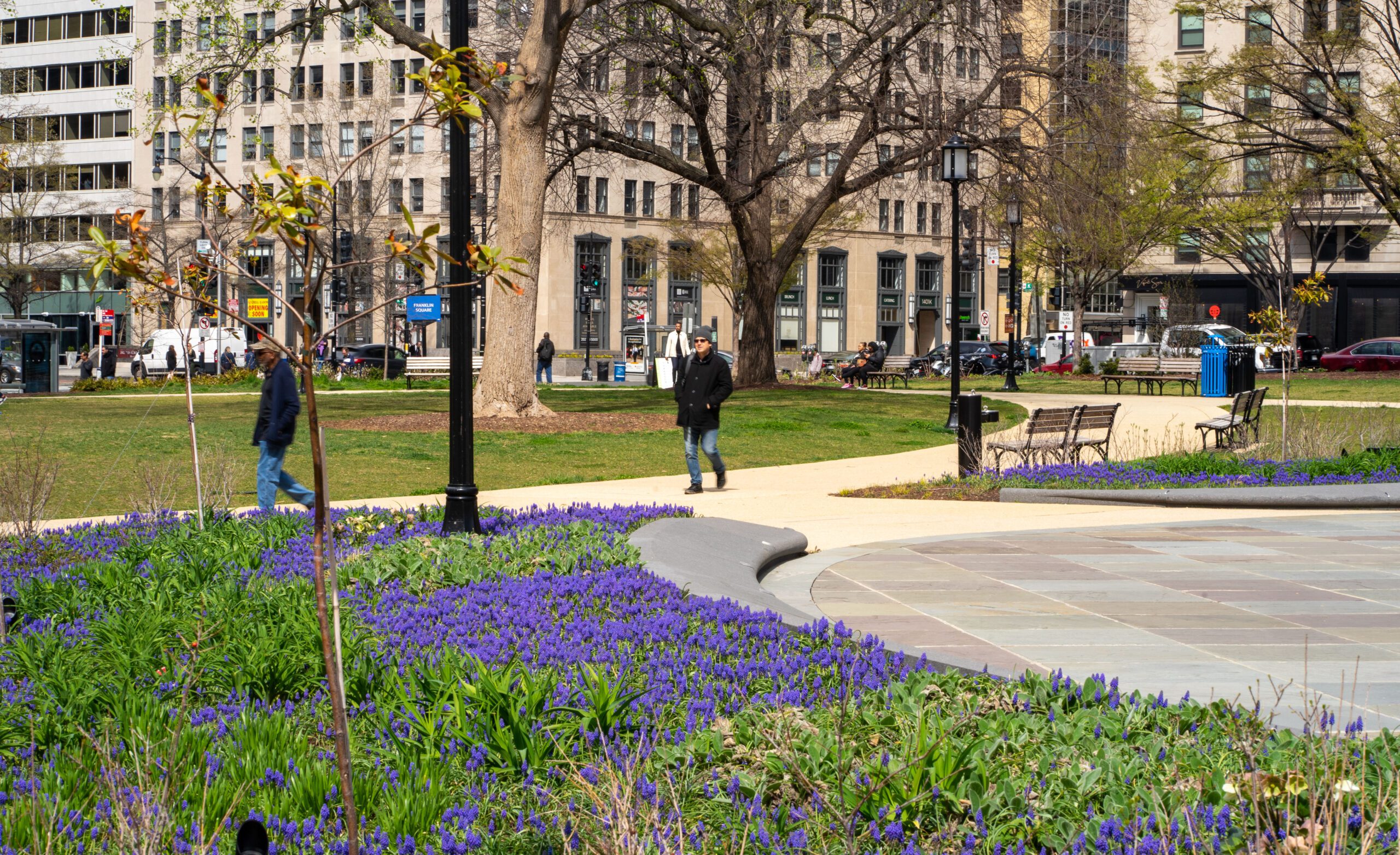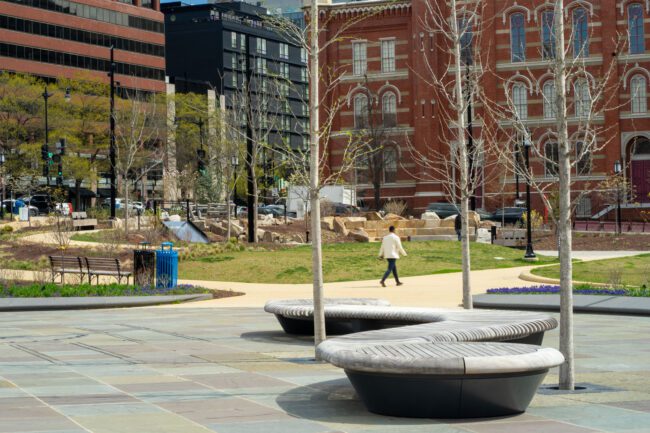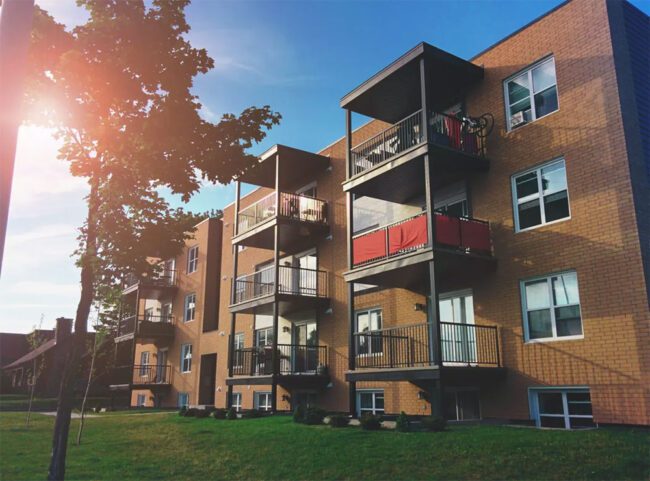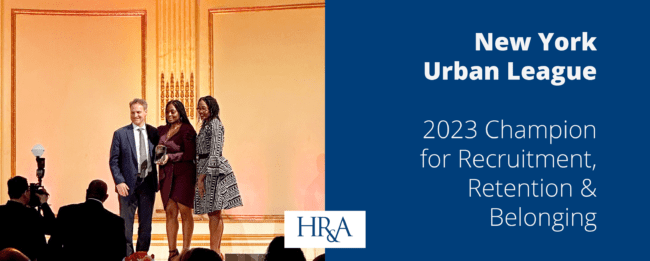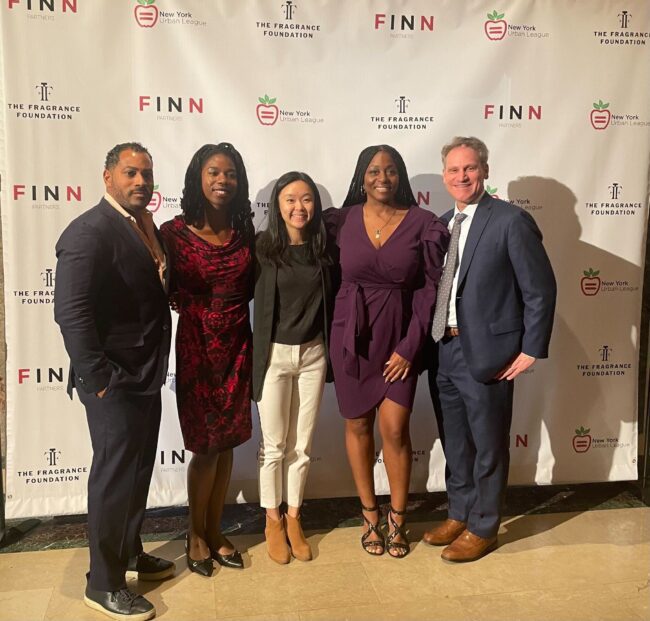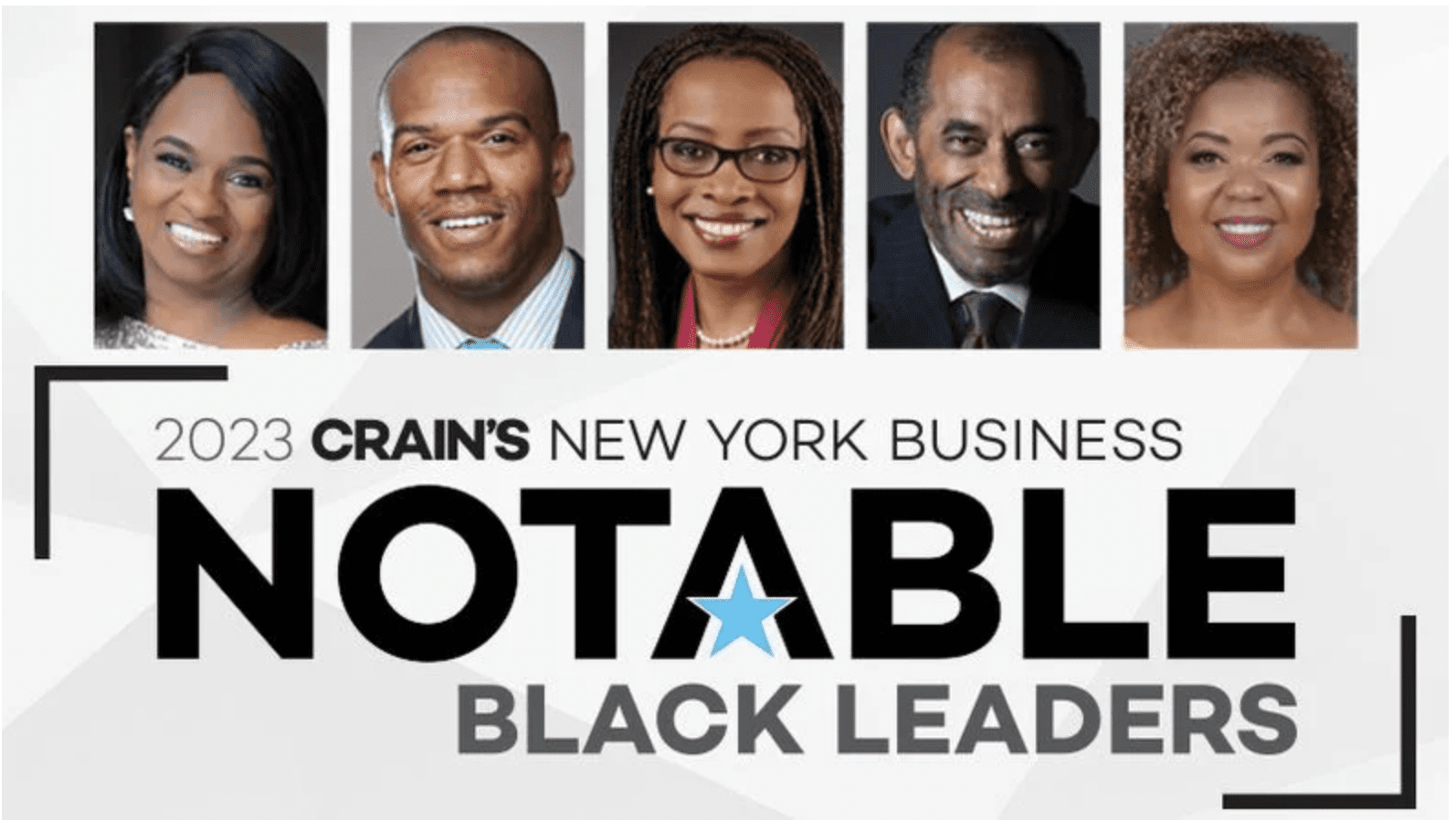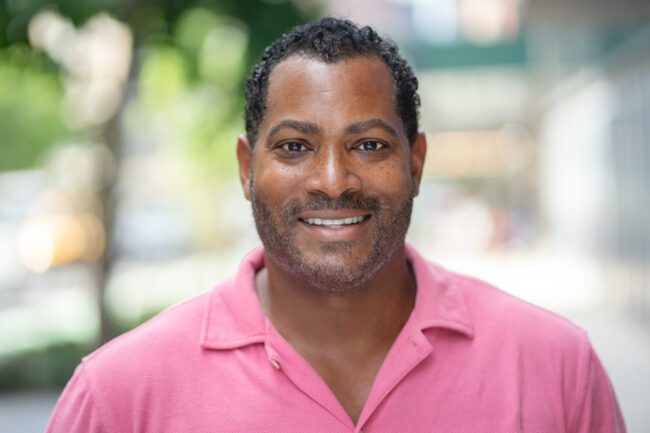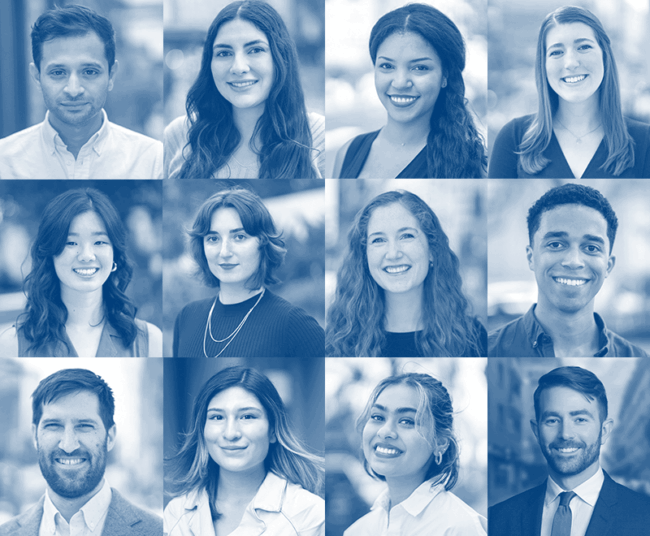
Celebrating the people making an impact at HR&A
The old adage is true — the people make the place. At HR&A, we come from diverse backgrounds, have a breadth of lived experience, and share a passion for creating places, systems, and tools that help people thrive. While the problems we tackle are often complex, the driving force behind our work is radically simple. We care. You can see this care in the mission-driven culture we have built across six offices and in the places and impact we’ve helped our clients create.
Principals
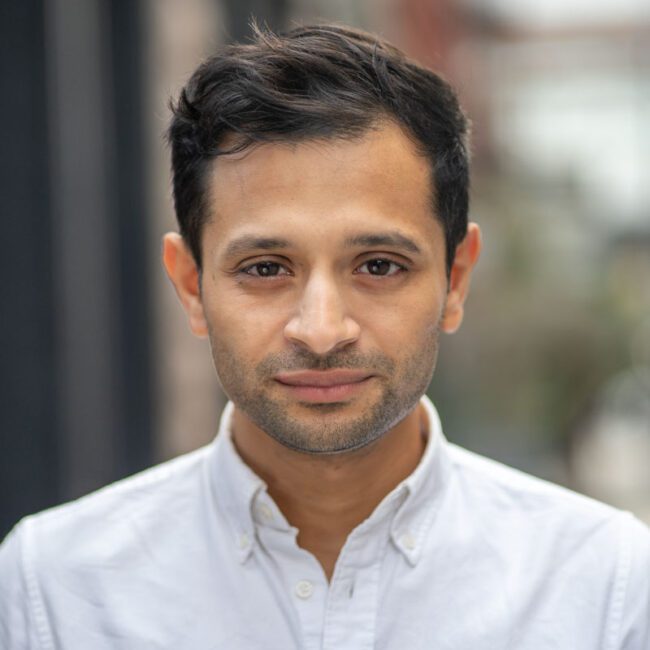 Arjun Gupta Sarma
Arjun Gupta Sarma
Arjun leads product development and data science at HR&A — focusing on the intersection of quantitative methods and policy for clients across the country.
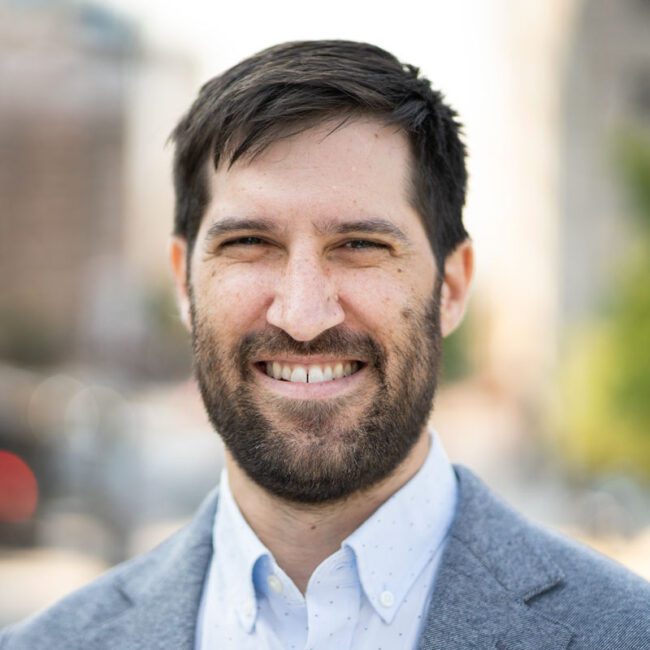
Jared Press
Jared helps local government agencies leverage public investment in infrastructure and place-based economic development to catalyze the private sector in support of long-range planning initiatives.
 Lydia Gaby
Lydia Gaby
Lydia leads projects that promote equitable economic development and resiliency and manages large-scale participatory planning processes.
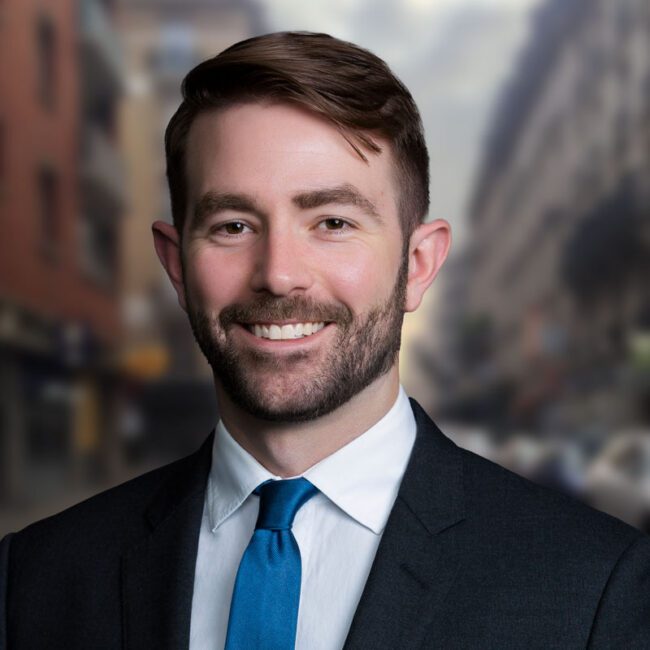
Thomas Simpson
Thomas advises clients on devising feasible programs, building public-private partnerships, and infusing equity and innovation into visionary real estate developments.
Directors
 Amelia Taylor-Hochberg
Amelia Taylor-Hochberg
Amelia’s work focuses on organizational and governance design, sociopolitical analyses of place, and building technological infrastructure that combats disenfranchisement.
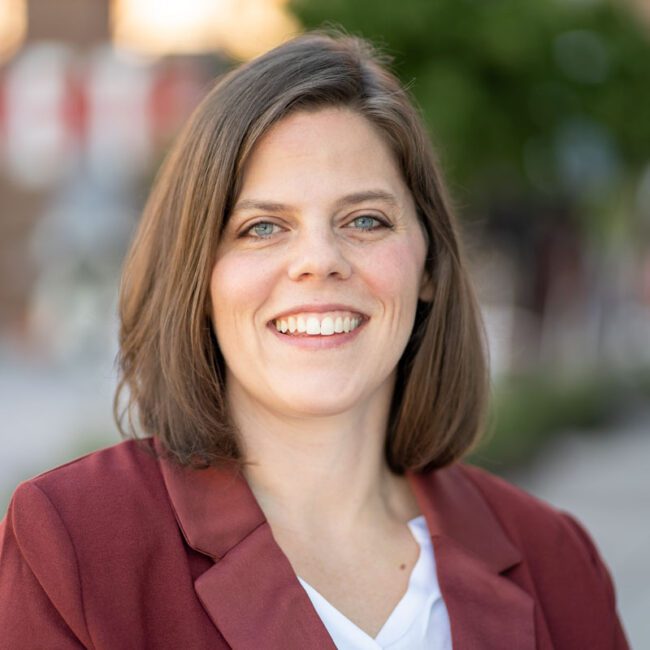
Christina De Giulio
Christina draws from a decade of community and economic development experience to guide clients from visioning to implementation of place-based strategies to advance their goals.
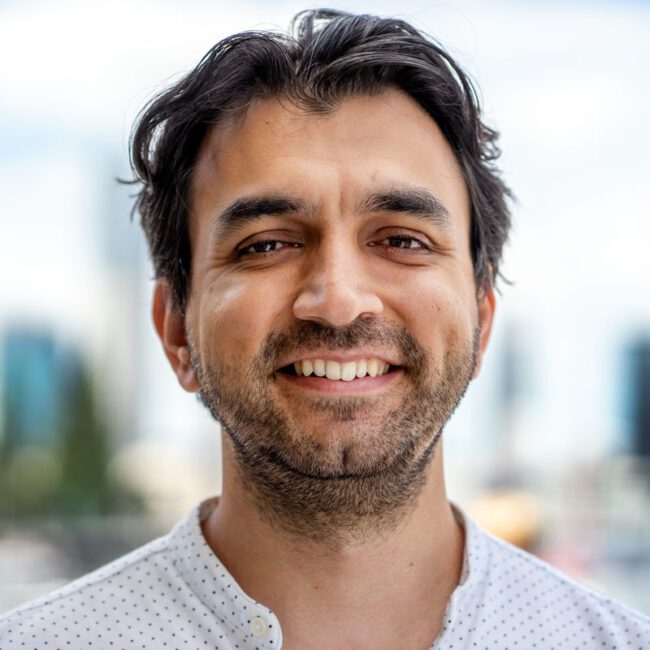
Erman Eruz
Erman works with state and local governments on accessing once-in-a-generation federal funds and assists with the development and implementation of broadband and clean energy projects.
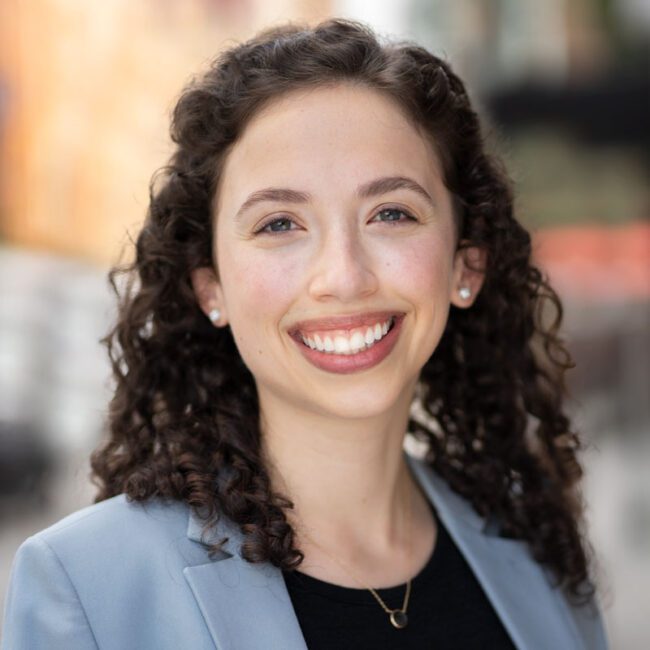 Gail Hankin
Gail Hankin
Gail focuses on crafting strategies that support equitable economic development, creating vibrant and inclusive open spaces, and advising a wide array of clients on pressing urban policy issues.
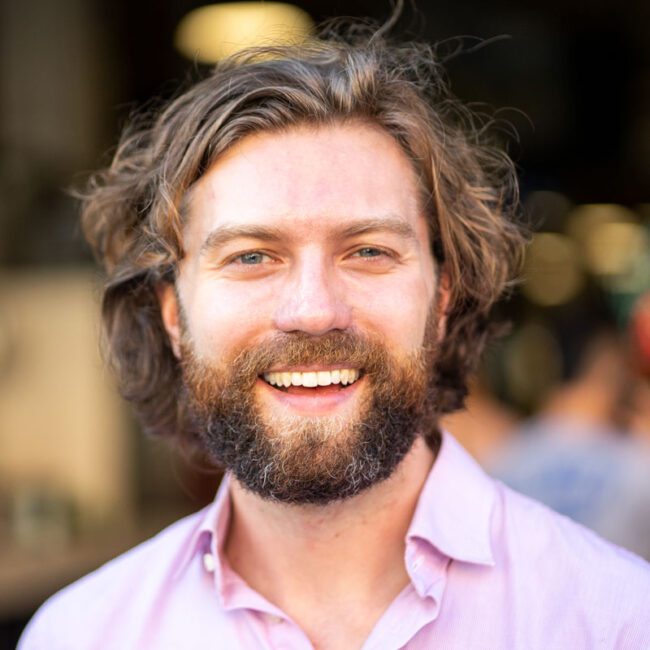
Garrett Rapsilber
Garrett supports the development of sustainable, context-specific real estate and economic development strategies.
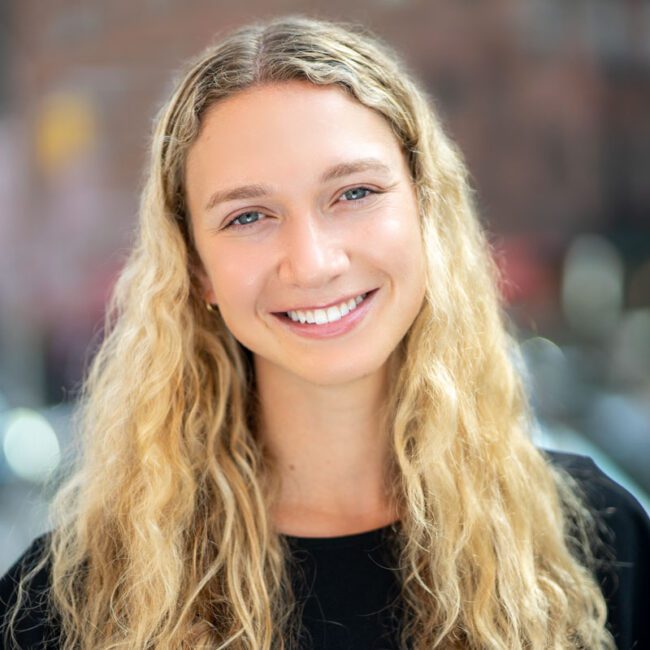 Hannah Glosser
Hannah Glosser
Hannah draws on her experience in climate adaptation, stakeholder and community engagement, and economic development to support equitable and resilient practices.
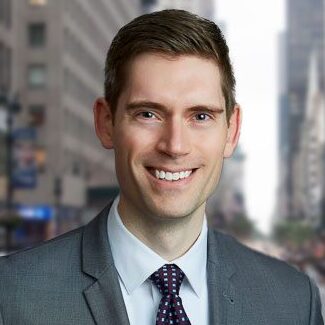
Jamison Dague
Jamison advises clients through complex planning and development projects with a focus on public-private partnerships that leverage innovative funding and financing tools to create thriving and sustainable places.
 Landry Doyle Wiese
Landry Doyle Wiese
Landry uses economic and strategic analysis to bridge the gap between vision and implementation — designing operating models and governance structures to put ideas into action.
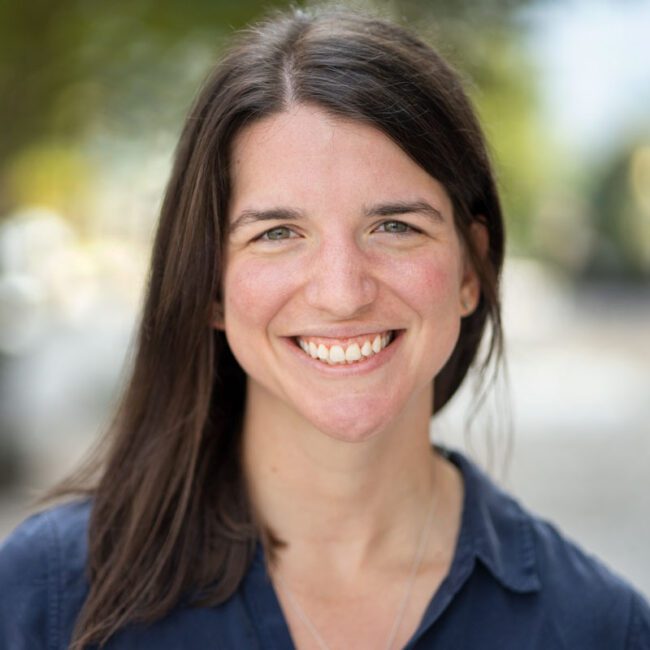 Rachel Waldman
Rachel Waldman
Rachel advises public, private, and non-profit clients on leveraging their existing assets, funding, and influence to promote mission-aligned real estate and affordable housing development.
Senior Analysts
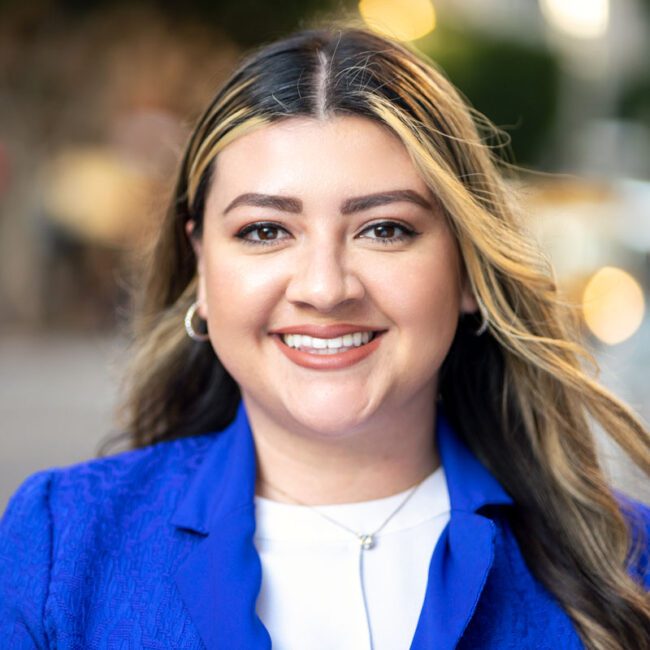
Ana Licona
Ana provides guidance to government and community leaders on closing the digital divide and implementing an equitable broadband future.
 Aram Kamali
Aram Kamali
Aram performs economic and policy analysis in support of efforts that advance equitable development and build community wealth.
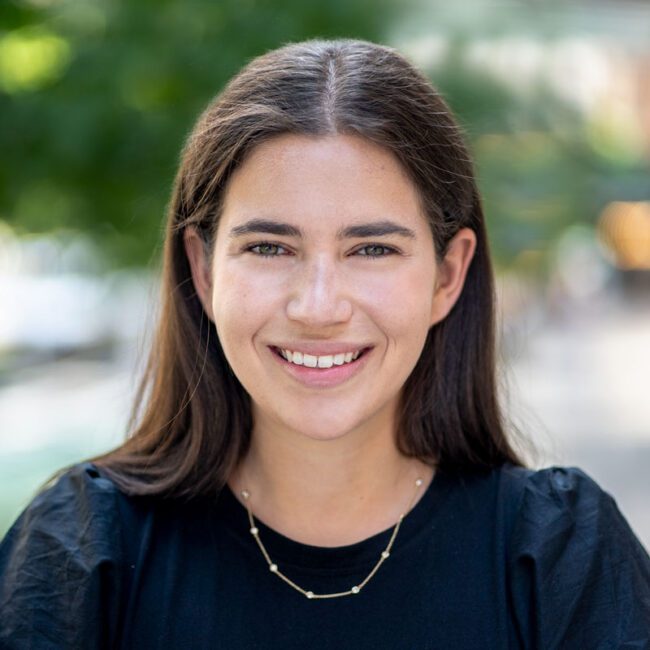 Ariel Dames-Podell
Ariel Dames-Podell
Ariel supports real estate and economic development strategies for public and private sector clients that enable equitable growth and create transformative destinations in cities across the country.
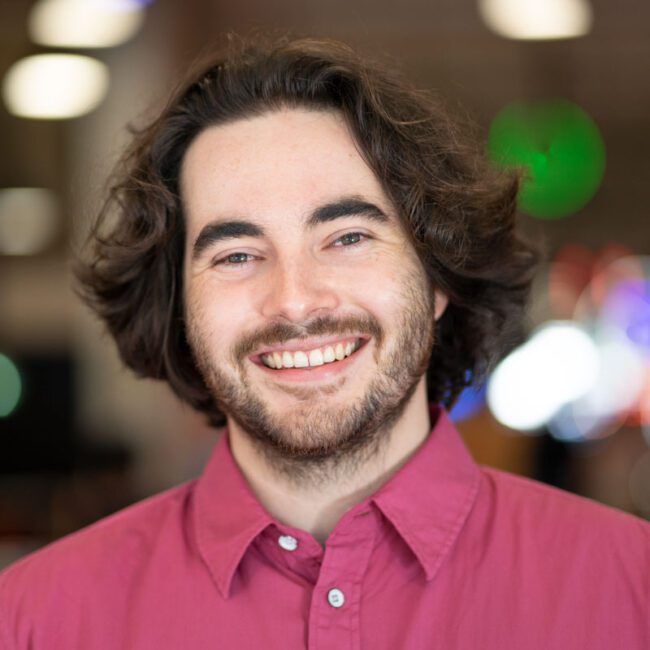 Benjamin Cole
Benjamin Cole
Ben helps local governments and nonprofits leverage funding and drive policy change. He specializes in criminal justice reform, equitable economic development, and fair housing policy.
 Geon Woo Lee
Geon Woo Lee
Geon Woo leverages data analysis to advance climate mitigation strategies, promote transit equity, and encourage equitable development across the country.
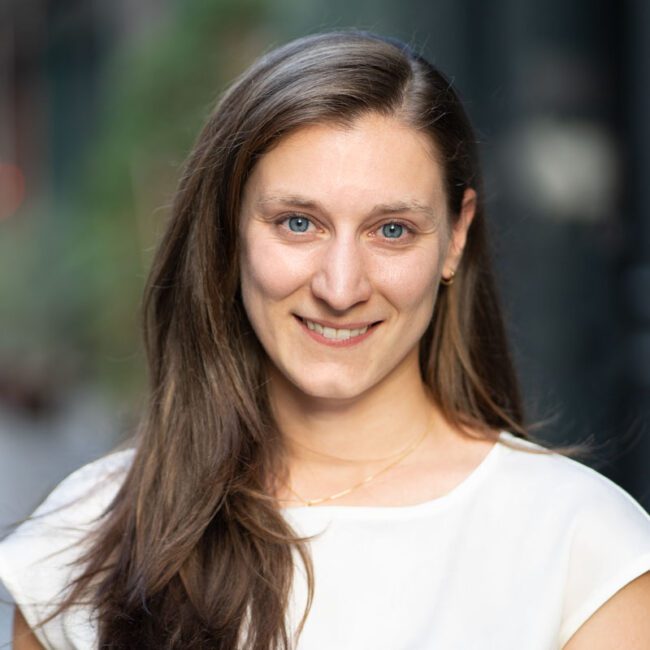 Laura Semeraro
Laura Semeraro
Laura specializes in real estate advisory, housing affordability, and economic development, supporting financial analysis and strategic advisory for public, private, and institutional clients.
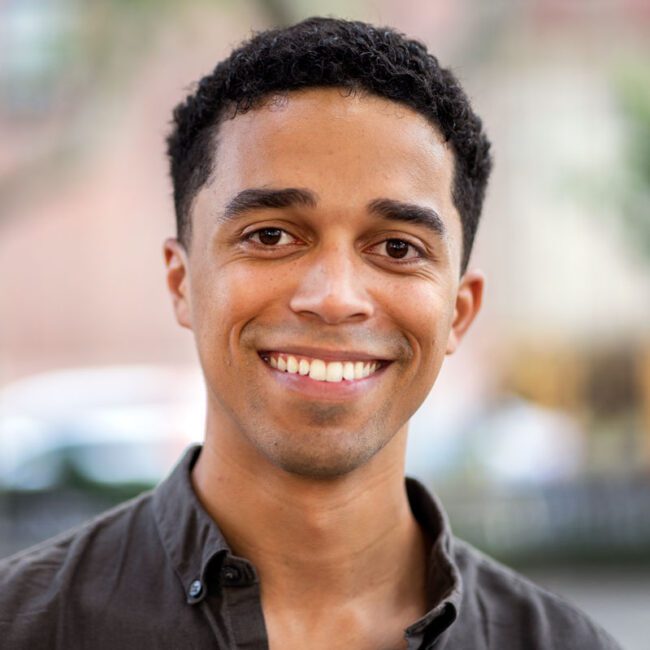 Madison Morine
Madison Morine
Madison works at the intersection of developing cultural institutions, urban open space, and comprehensive plans to help clients improve opportunities for communities.
Analysts
 Adina Jahan
Adina Jahan
Adina works on projects to create more inclusive cities, build digital equity, and advocate for criminal justice reform. She is guided by the principle that where you live should not determine your quality of life.
 Alejandra Cabrales
Alejandra Cabrales
Alejandra provides research and analytical support to advance sustainable and equitable placed-based solutions through economic development policy, transit-oriented development, community engagement, and governance design.
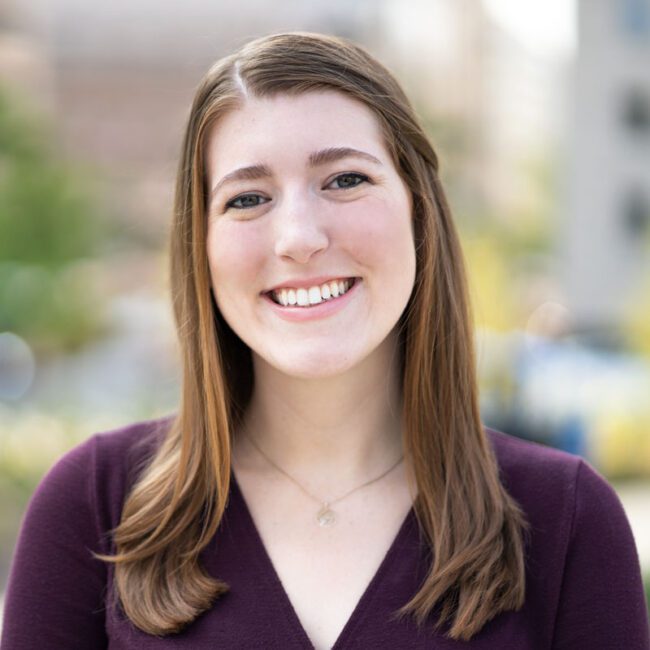
Anna Gallicchio
Anna specializes in housing affordability and economic development policy, working with city governments and non-profits to implement community-centered and data-driven solutions.
 Clark Ricciardelli
Clark Ricciardelli
Clark provides financial and data analysis for real estate development, asset repositioning, and workforce development projects across the U.S.
 Lauren Kim
Lauren Kim
Lauren works on place-based projects that bring people joy. Grounded by community insights, she advocates for food justice, parks and open space, and neighborhood revitalization.
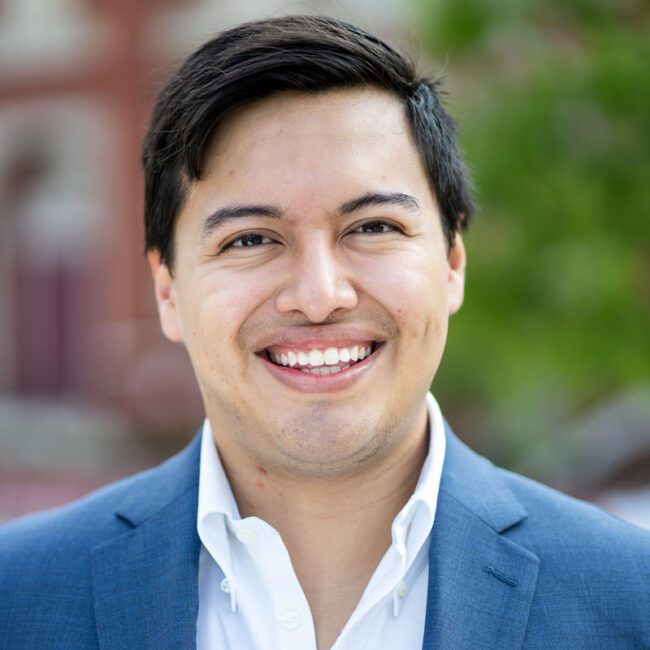 Marco Rodriguez
Marco Rodriguez
Marco specializes in knowledge economy, transit-oriented development, and economic development strategy, helping cities across the country become engines of innovation, inclusivity, and prosperity.
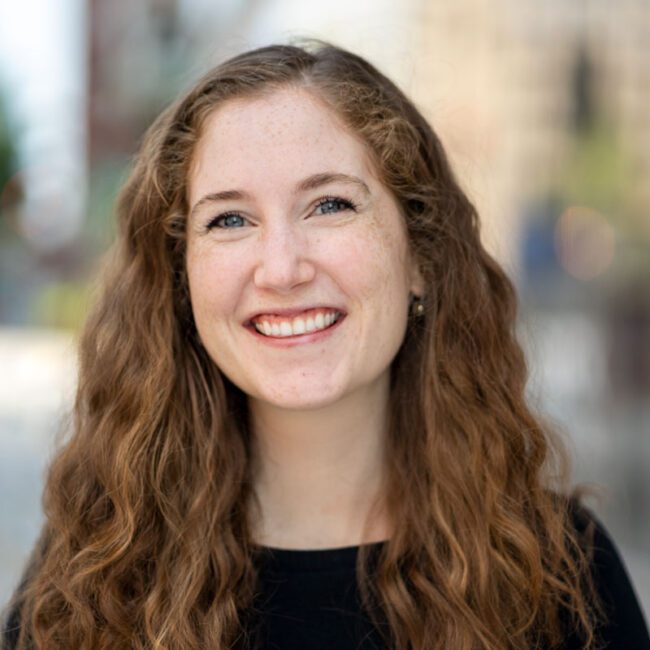 Sophia Campbell
Sophia Campbell
Sophia provides research and analytical support for projects ranging from affordable housing and transit-oriented development to parks and open space.
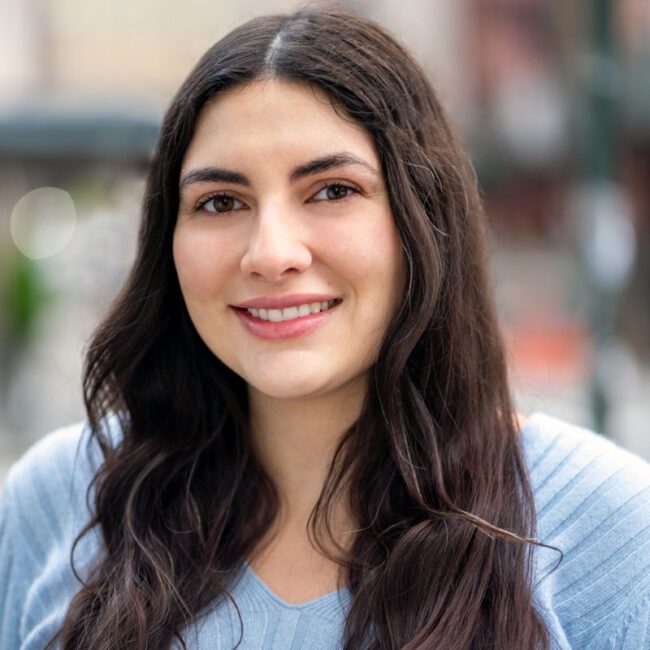 Sophia Clark
Sophia Clark
Sophia provides analysis for real estate development, economic development strategy, and knowledge economy projects across the country.
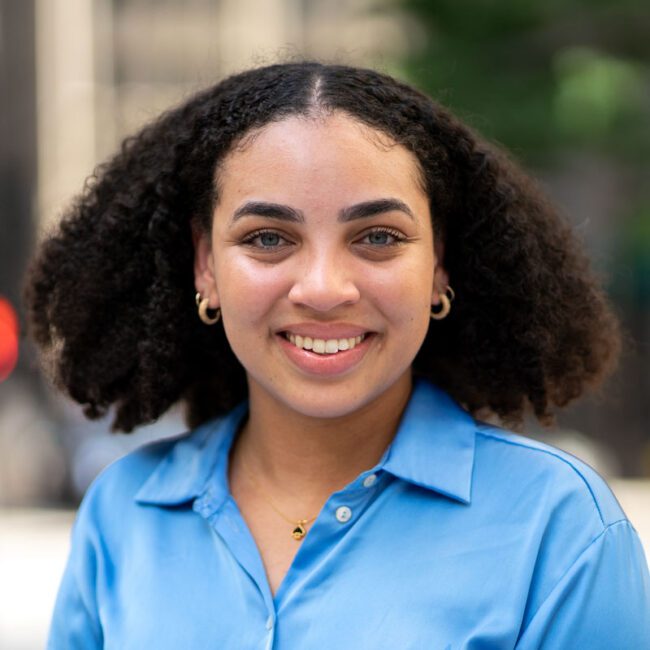 Zada Smith
Zada Smith
Zada works to advance equitable economic development through placemaking, strategic planning, and policy to drive better outcomes for communities.

